Tax Changes for Private Corporations
UPDATE: Burnaby Board of Trade Advocacy Wins:
- proposed restrictions to the Lifetime Capital Gains Exemption cancelled entirely
- exemptions for spouses and most adult children from taxation on income from a corporation
- small business tax rate cut 1.5% to 9%
- existing passive investment grandfathered and protected from taxation
- $50,000 of annual passive income exempted from tax
UPDATE — In the 2018 federal budget, the federal government announced further clarification around the taxation of passive investment income within a business. The new rules will allow businesses to earn up to $50,000 per year in income from new passive investments held within the business. Income above $50,000 will result in a corresponding decrease in the small business deduction allowable for the business, eventually reaching zero at approximately $150,000 of investment income—at which point the business would pay the standard corporate rate on all its income instead of the small business rate. Read more about Budget 2018 and these changes here and read the BBOT’s review of Budget 2018 here.
UPDATE — On December 13, the federal government announced simplified measures to restrict ‘income sprinkling’ following persistent advocacy from the business community including the Burnaby Board of Trade. This announcement included various clarifications on exemptions for family members of a business owner, including a full exemption for spouses, and exemptions for adults who work in the business or own more than 10%. Read more about the announcement and the changes here.
UPDATE — On October 16, the federal government indicated that it will make several positive revisions to the proposed tax changes and will cancel the proposed restrictions to the Lifetime Capital Gains Exemption entirely. In addition, the government announced a reduction of the small business tax rate of 1.5% lowering it to 9% by 2019. Read our news release on this announcement or consult BBOT member KPMG’s bulletin on these revisions. These positive revisions are a result of advocacy efforts like those of the BBOT, the chamber of commerce network across the country, and the business community. On behalf of our members, the BBOT worked to ensure any tax policy changes were as targeted as possible and avoided unintended negative consequences for the business community as a whole.
The federal government has proposed significant changes to the taxation policies and regulations surrounding private corporations which may have substantial negative impacts on small businesses and incorporated individuals.
After careful review of the proposed changes, the Burnaby Board of Trade believes that these changes may have several significant impacts including threatening the viability of some businesses and business models; chilling entrepreneurship and business creation in Canada; undercutting business investment in innovation and productivity; and creating an unwieldy administrative burden for both business and government.
These changes will have taxation implications for private corporations as changes are proposed to various tax planning strategies. Amongst the proposed changes, three specific concerning areas of focus are:
- Reviewing and taxing the income paid to family members
- Limiting access to the Lifetime Capital Gains Exemption
- Preventing holding passive investments within a corporation
Click the above links to read basic details of each of the proposed changes explained in plain language. The Burnaby Board of Trade is happy to provide our members with this kind of context and information delivered in a clear, concise manner.
BBOT Actions
The Burnaby Board of Trade’s (BBOT) job is to stand up on behalf of local businesses and our members and we will be advocating to the federal government on this issue highlighting the potential overreach of these changes and calling for them to be paused until a more robust engagement and consideration process is undertaken.
The BBOT has contacted Finance Minister Bill Morneau directly with our concerns and we have shared those thoughts with our local Burnaby Members of Parliament. Read our letter to Minister Morneau here.
The BBOT has also made a submission to the formal Department of Finance consultation on these proposed changes. Read our submission on the tax changes here.
The BBOT’s President & CEO, Vice Chair, and Policy Manager all attended a meeting with Minister Morneau on September 23rd to hear firsthand about the proposed changes and to ask about the potential negative impacts on our members.
Get Involved
These changes are complex and feedback is only being accepted until October 2nd. If you want to share your thoughts on this issue, here are some ways to get involved:
Contact Your MP:
You can access a template letter here along with contact information for sending to your Member of Parliament. Feel free to use any or all of the letter template.
For those wishing to submit comments to the Department of Finance during the formal consultation (until October 2), information on making a submission can be found here.
More reading on this topic:
– Canadian Chamber of Commerce’s “5 Minutes for Business” on the proposed changes
– Finance Ministry consultation paper on the proposed changes
– Finance Minister technical briefing powerpoint
– BBOT member KPMG’s “TaxNewsFlash” on the proposed changes
Further details on the proposed changes
3)
)Reviewing and taxing the income paid to family members
Called “income sprinkling” by the government, this involves sharing a corporation’s income with family members through dividends and other income to limit the amount of tax owed. The family members (such as a spouse or adult children) are often subject to lower personal tax rates and therefore less tax is paid than if the principle individual of the corporation were to realize all of the income themselves.
The government is proposing to expand the existing “kiddie tax”—the tax on split income for minors—to all adult family members as well.
Dividends and other income received by adult family members of the principle of the business will be subject to a “reasonableness” test based on the work they provide to the business or the amount of money they have invested in the business. The government will evaluate if the amount of income a family member receives is reasonable and if it deems an amount paid is too high then the excess will be taxed at the highest tax rate.
The administrative burden of such conducting such a test, the potential tax increases, and the likelihood of lawsuits and audits as a result, could be significant for the business community. Back to top of page.
2)
Limiting Access to the Lifetime Capital Gains Exemption
There are also proposed changes to limit the use of the lifetime capital gains exemption by family members who are minors. Currently, family members may use their own Lifetime Capital Gains Exemption ($835,716) to shelter capital gains from the sale of the corporation’s shares from taxation.
Under the proposed changes, the capital gains exemption would not apply to capital gains that are realized or which accrue during the time before a person turns 18 years old. They would also not be able to claim the lifetime capital gains exemption for any gains made or accrued while a trust held the property.
Back to top of page.
3)
Preventing Holding Passive Investments Within a Corporation
Holding an investment portfolio within a corporation can result in greater investment returns as corporate income tax rates are much lower than personal income tax rates and therefore a larger amount of funds would be available to invest and accumulate returns over time. The federal government is considering several complex rules which would neutralize any tax advantages to holding investments inside a business.
While the federal government suggests this will only impact a limited number of high-income earners, the reality is that many private corporations and small businesses retain funds in the business which may be used at a later date for business investment or as ‘bridge financing’ to overcome downturns in the business. The modest growth advantages to keeping funds inside a corporation would seem reasonable in light of the overall risk and responsibilities accepted by the shareholders of the corporation/business owners.
As an example, a private corporation may have $50,000 income left over after paying expenses, salaries and taxes. If the principle shareholder of the corporation wants to save that money for their personal long-term savings, they can either leave the money in the corporation and invest it, or take the money as income and invest it in a personal account.
Taking the money out of the corporation to invest personally would see tax payable on the income/dividend at the beginning, reducing the amount of money available to invest. Leaving the income inside the corporation and investing it would allow the full $50,000 to be invested and therefore realize stronger growth over time.
While they would still pay tax on the funds when they are eventually withdrawn, they are able to realize some tax benefits compared to the individual who takes it as income and invests it in a personal account. Back to top of page.






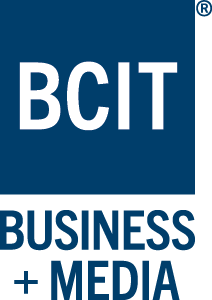







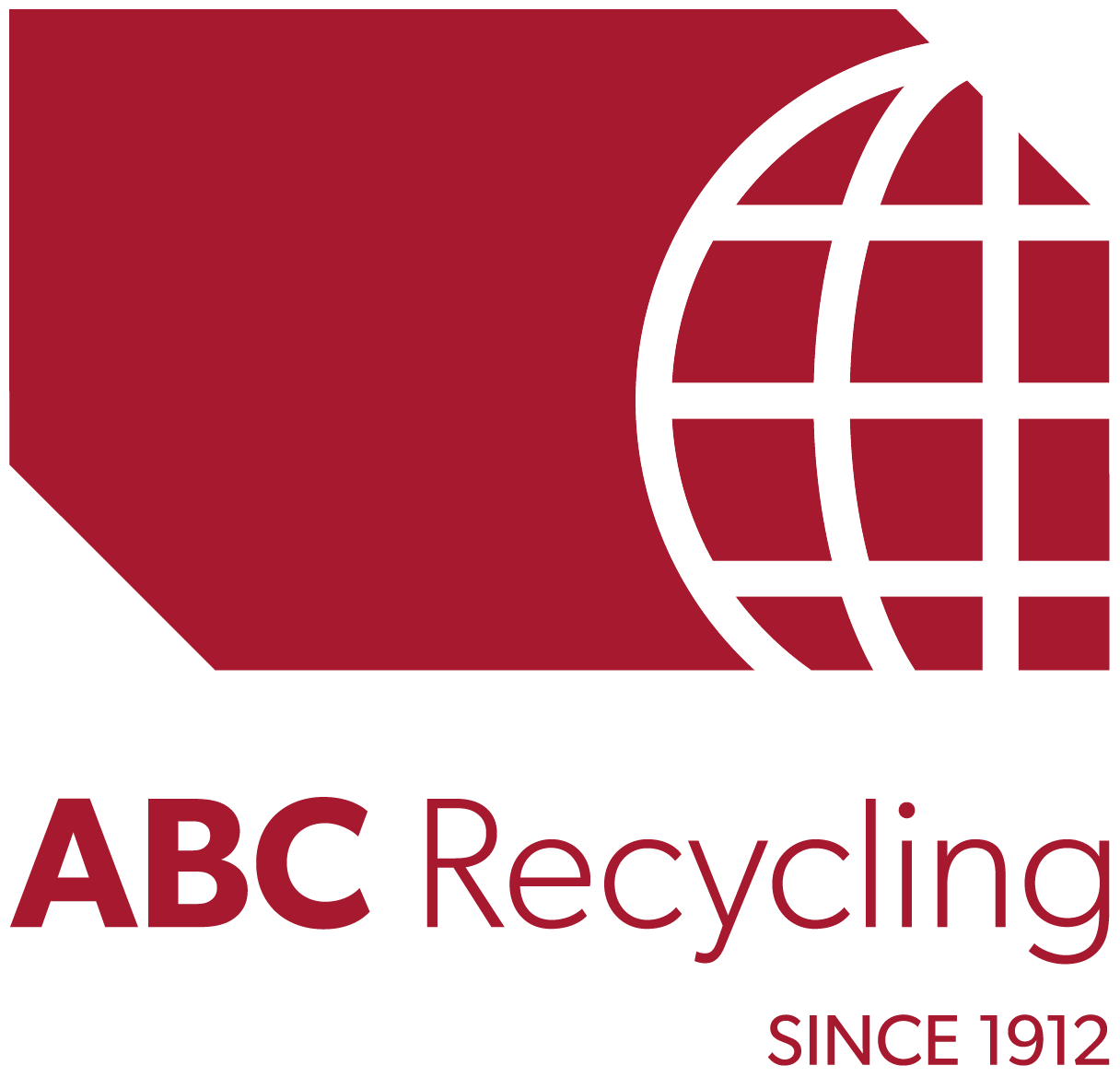
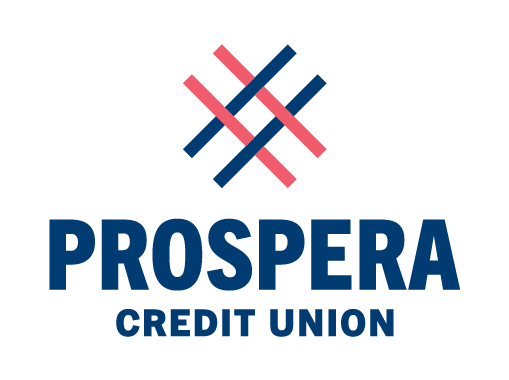

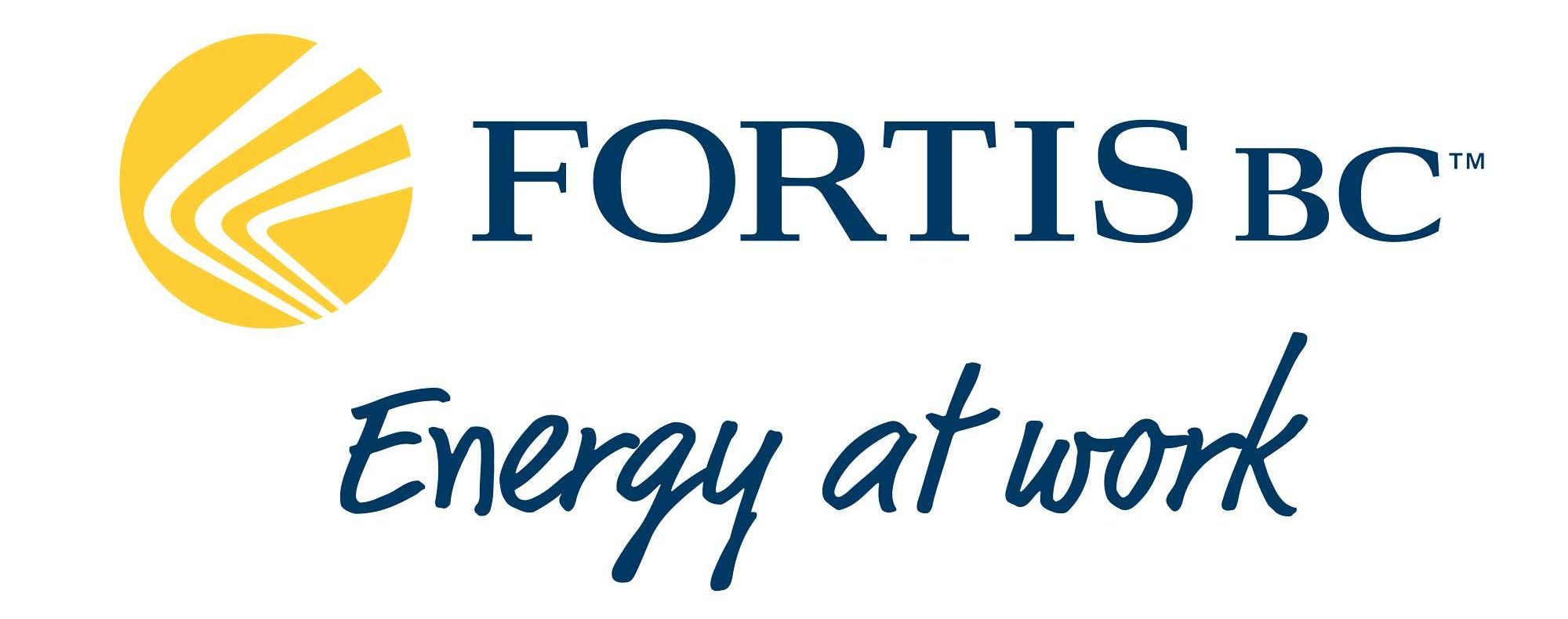
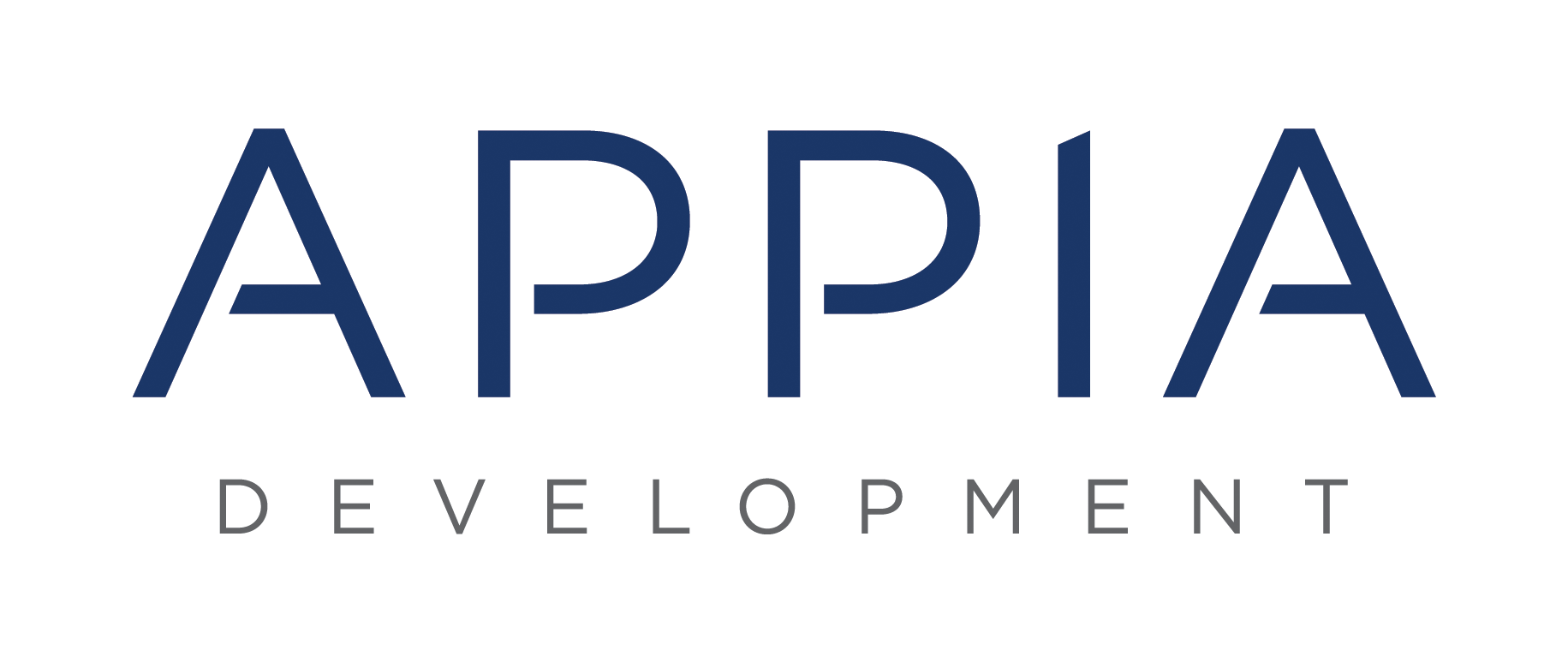
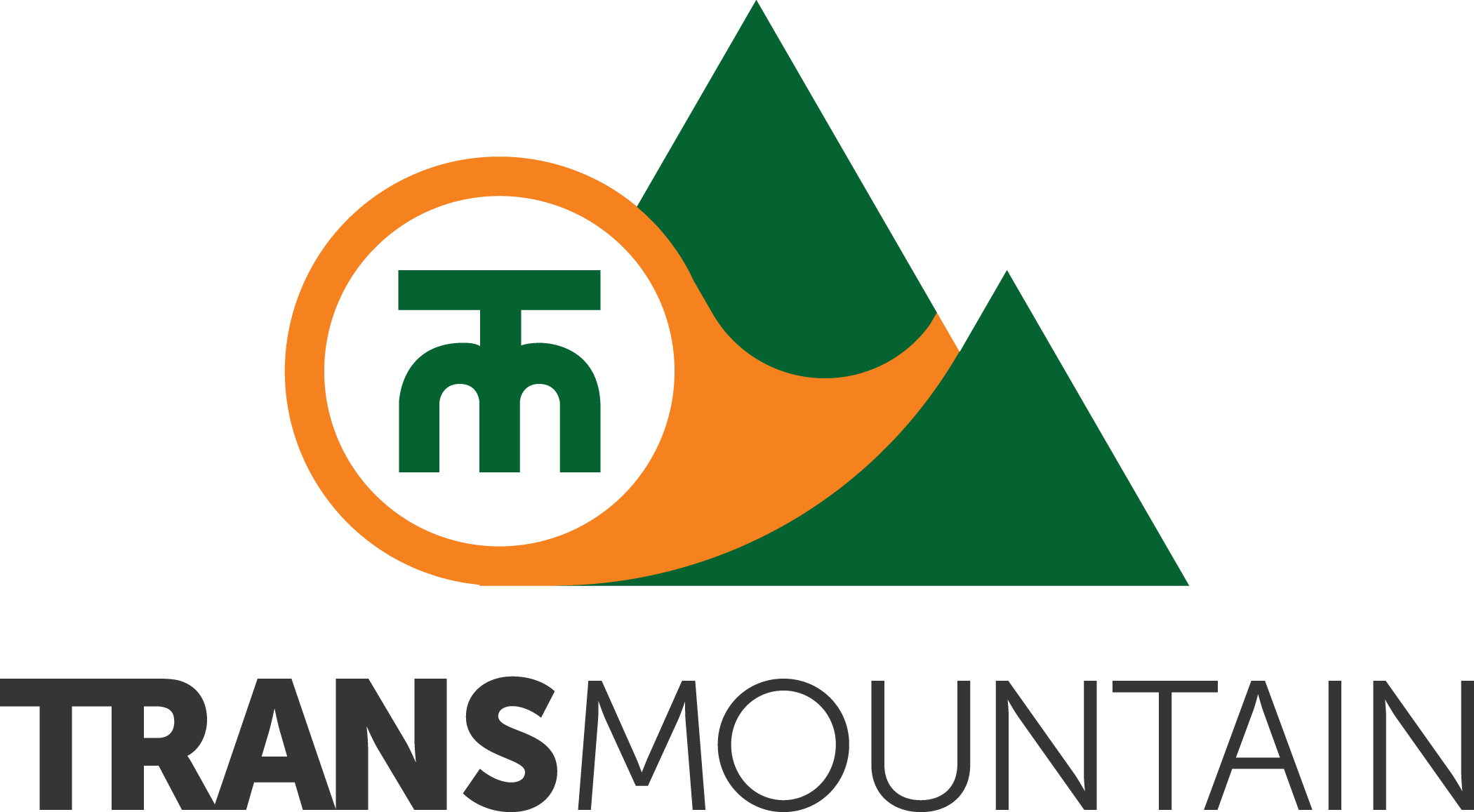

connect with us